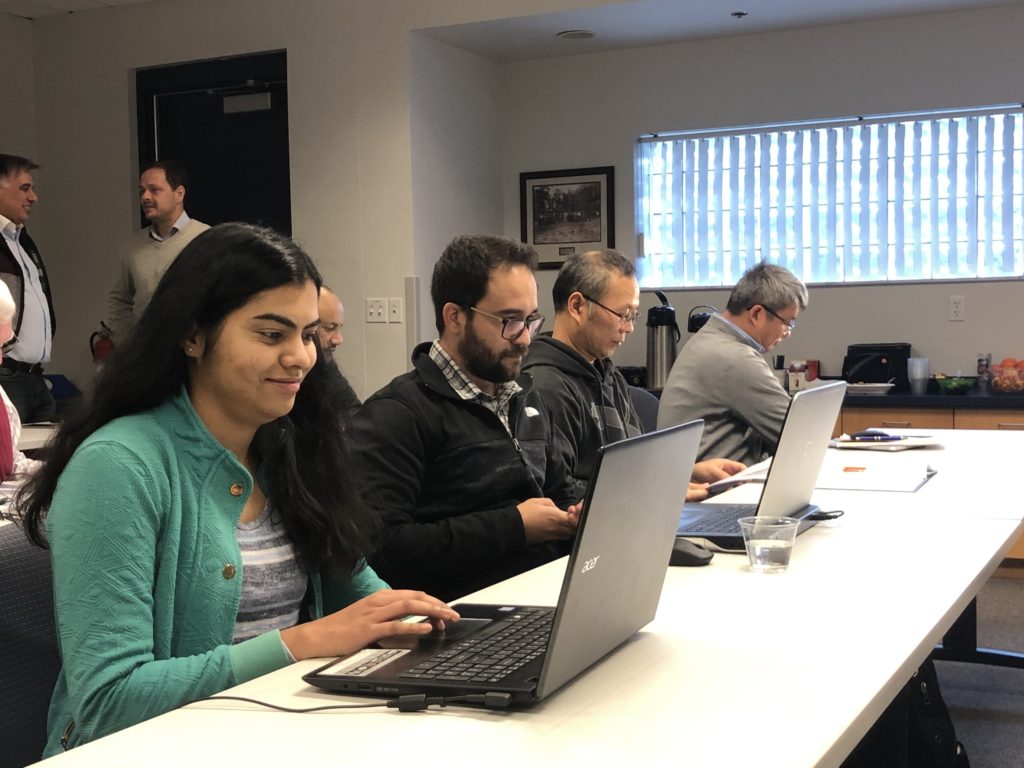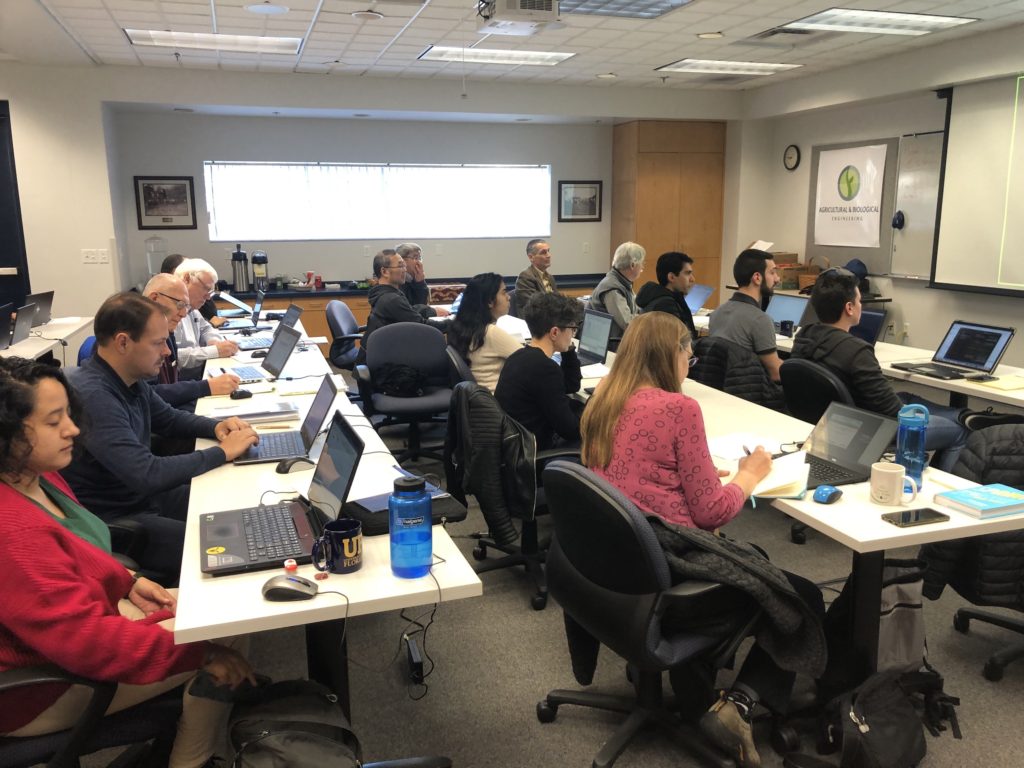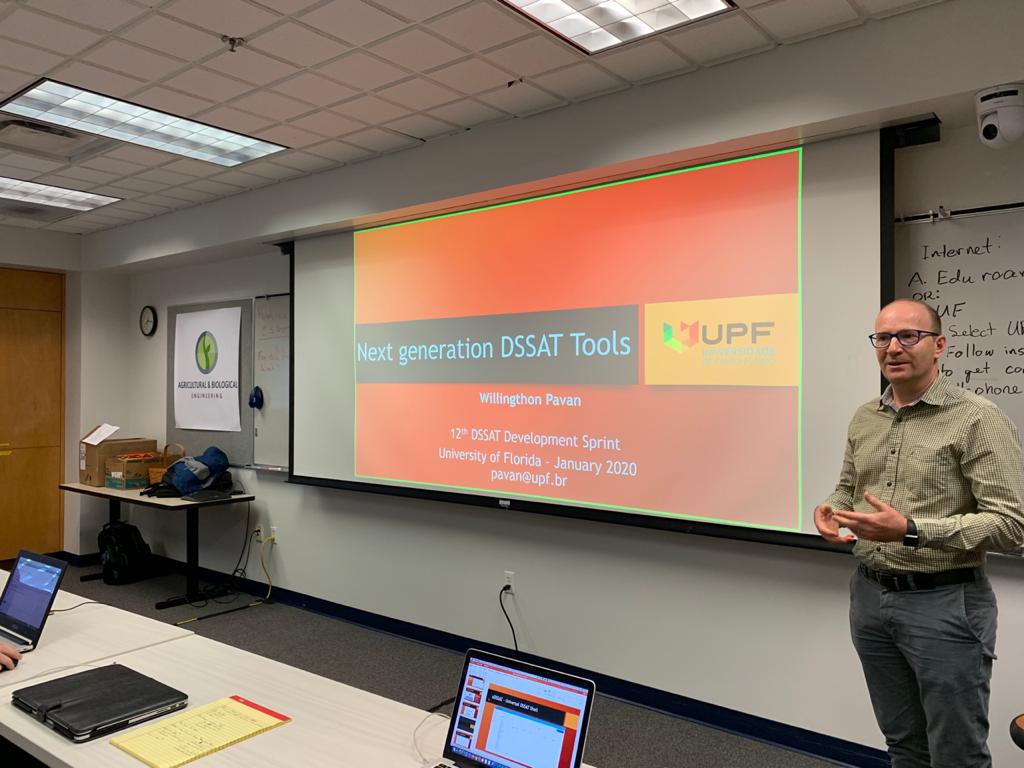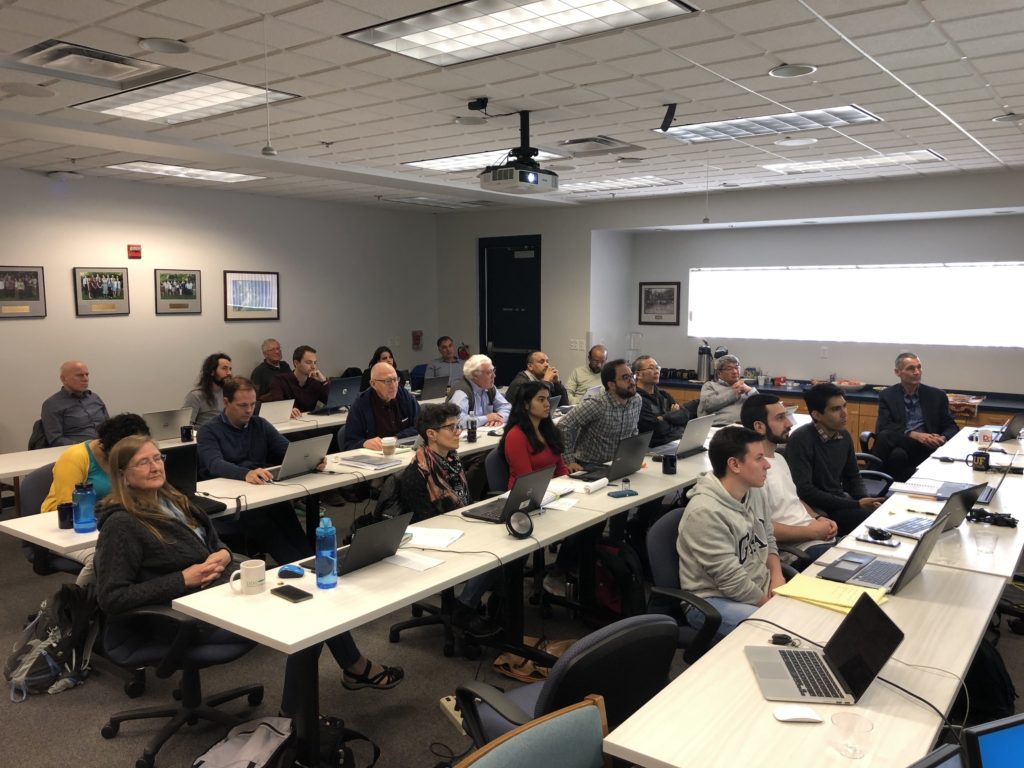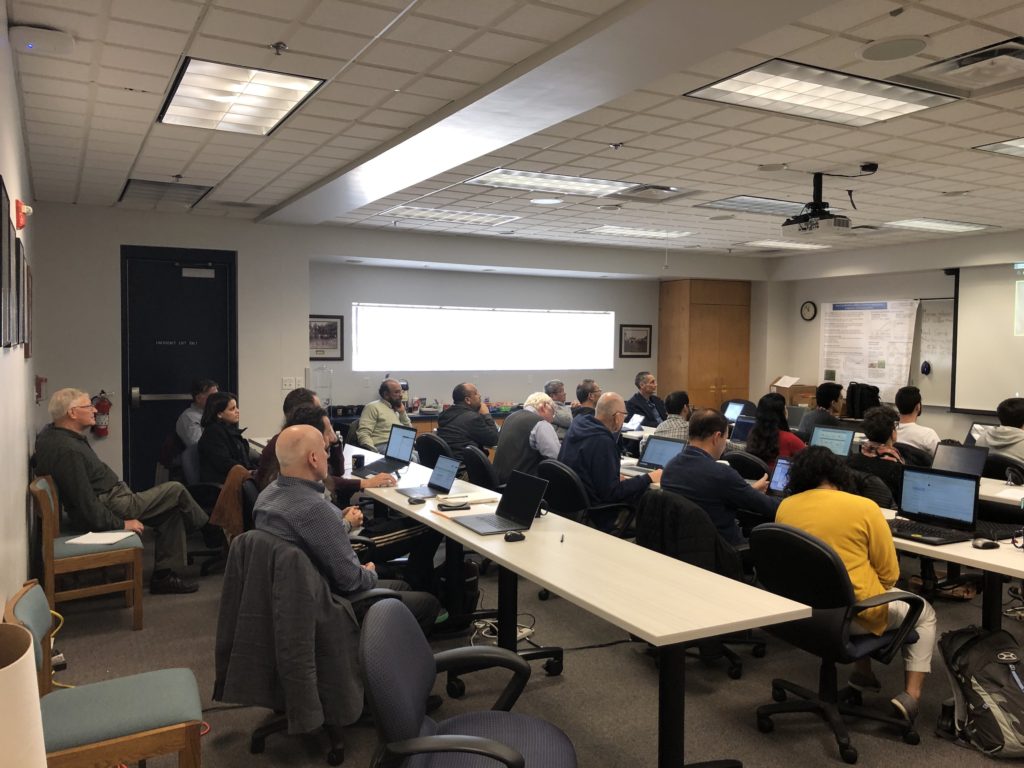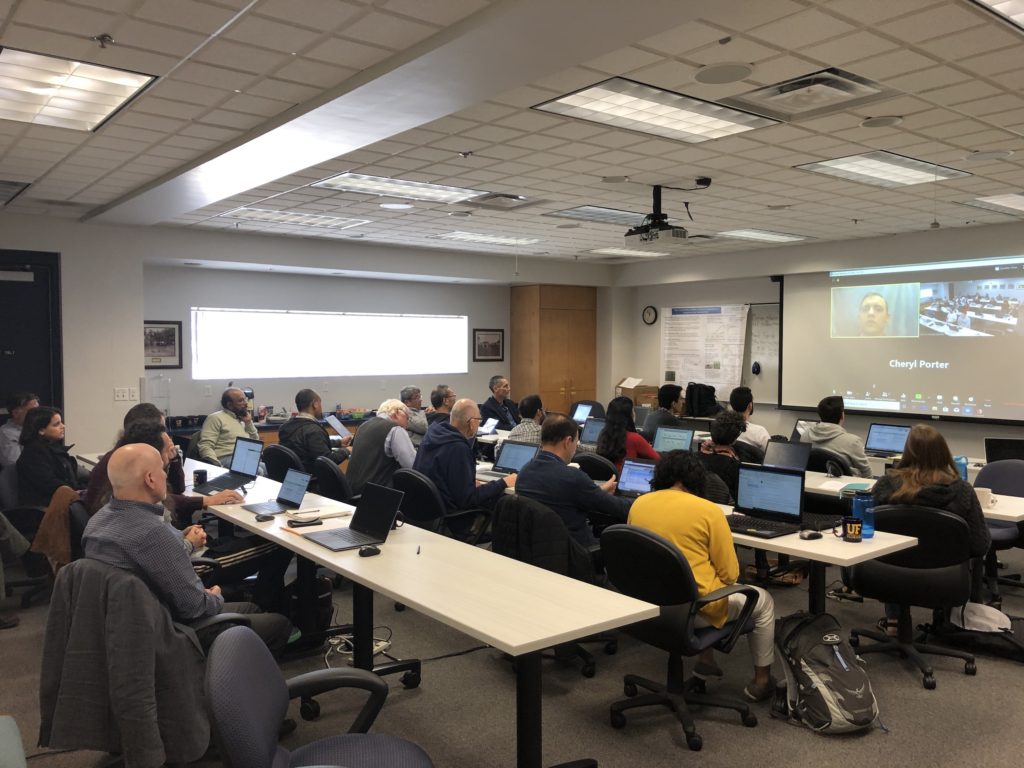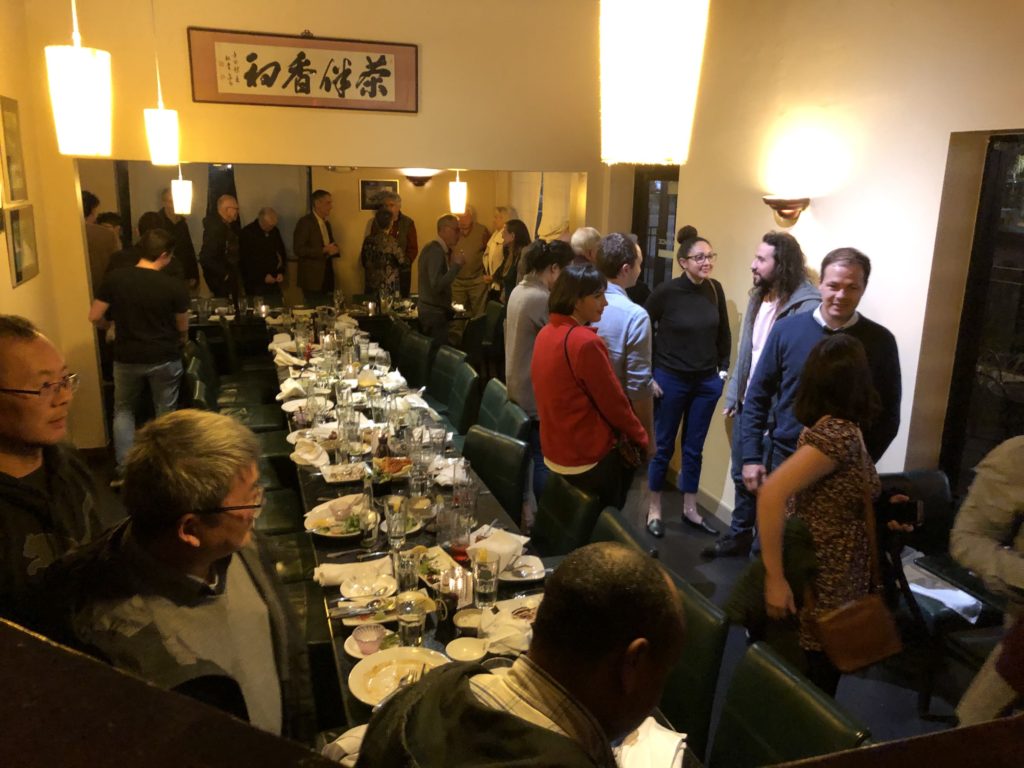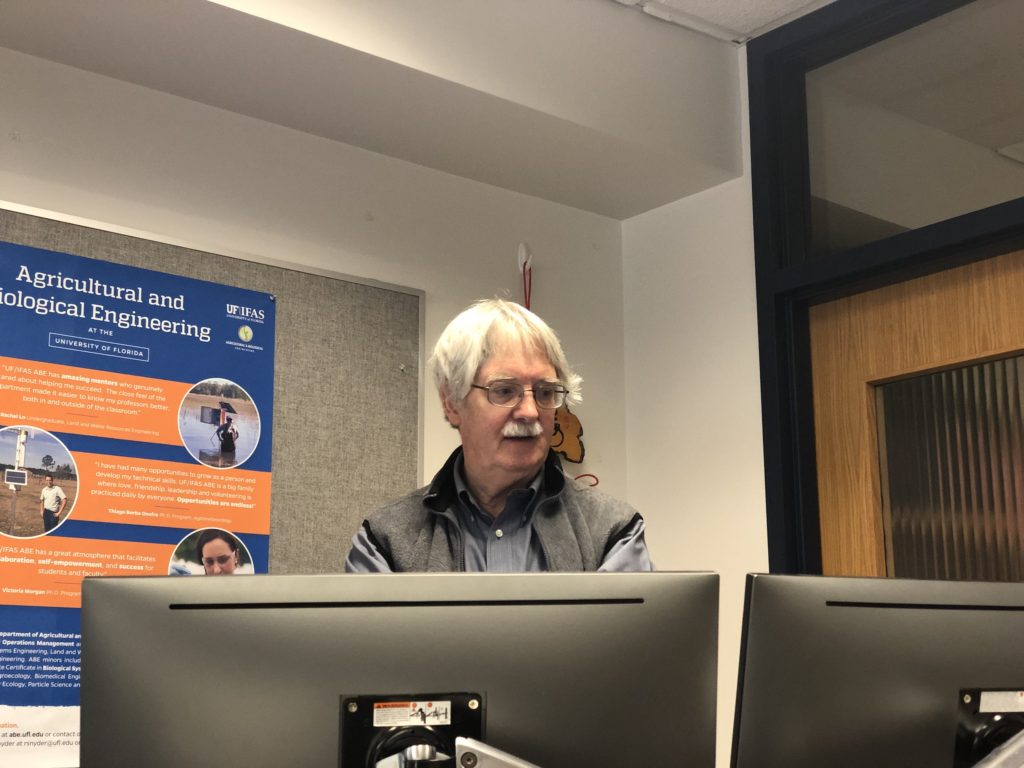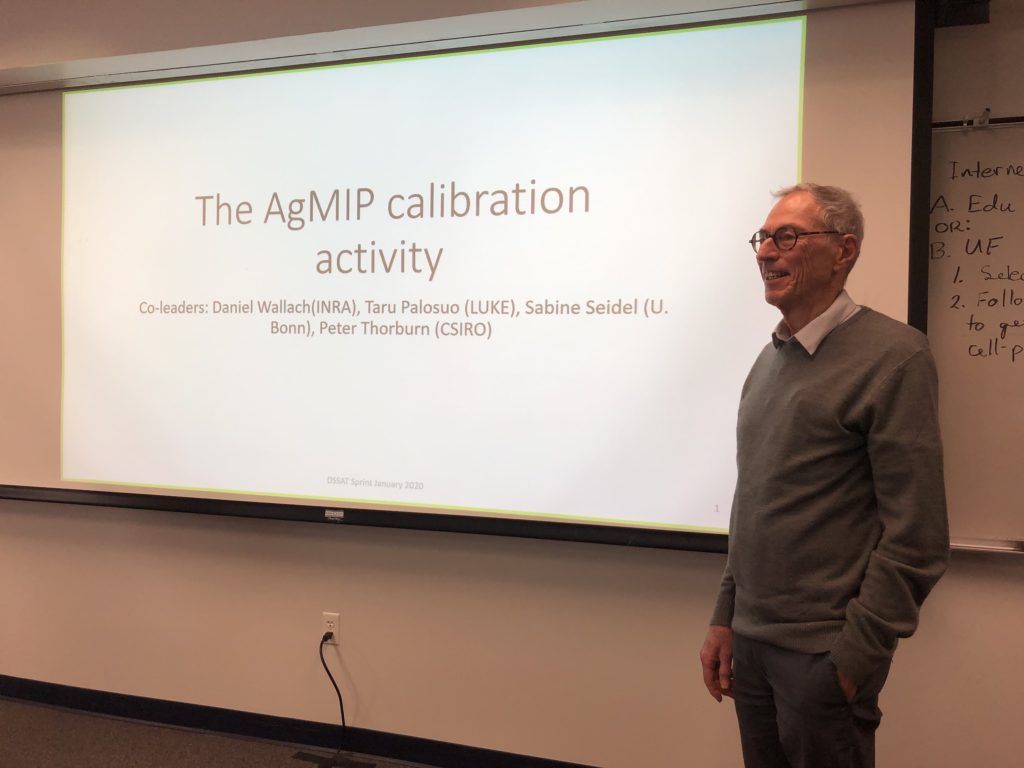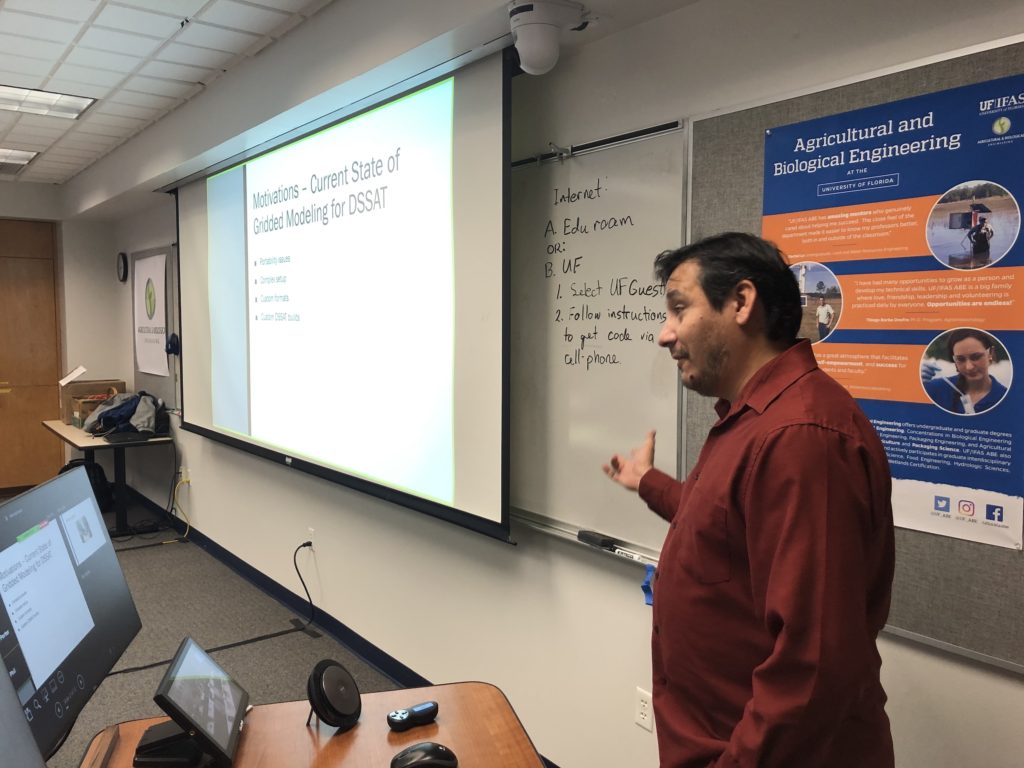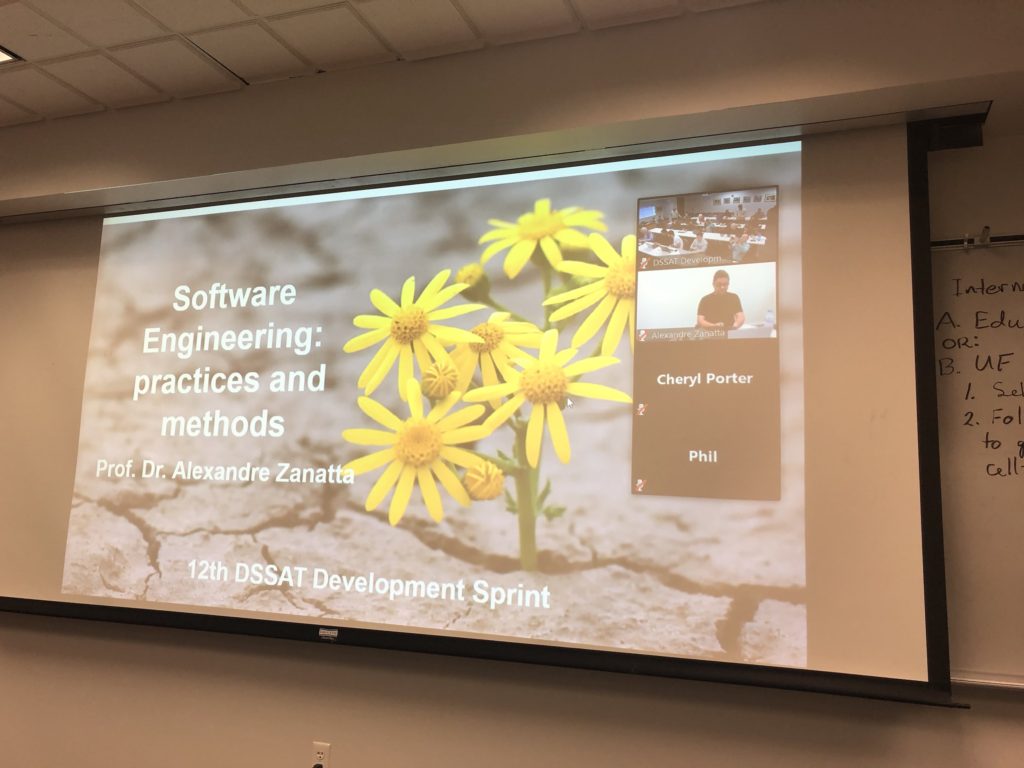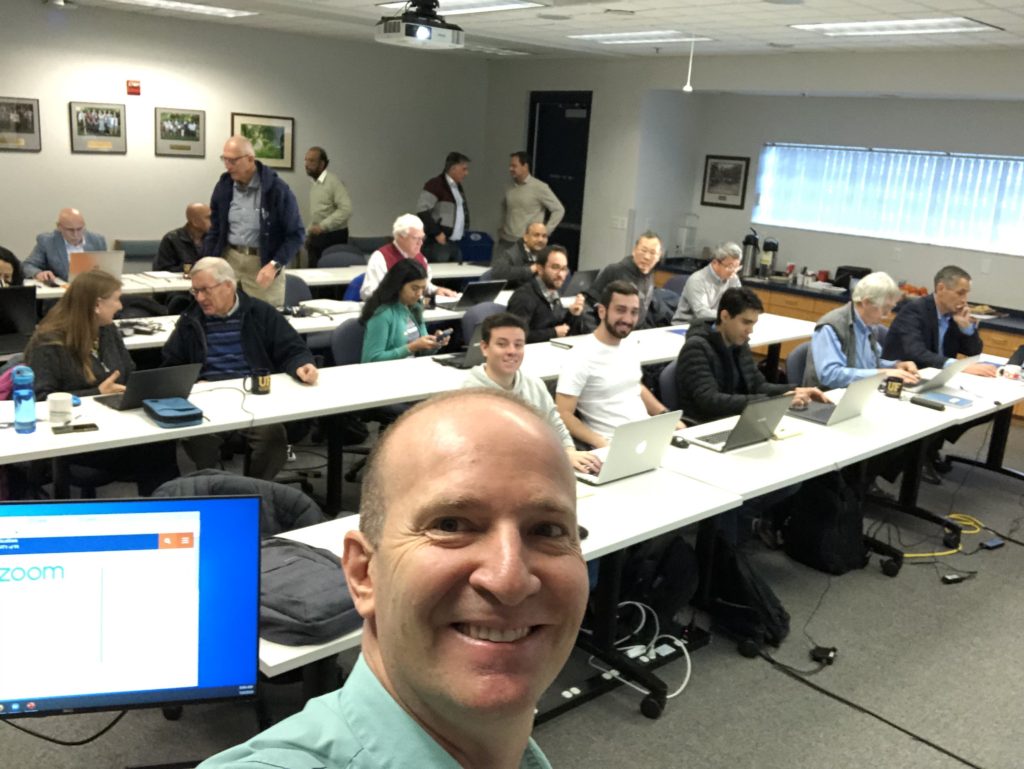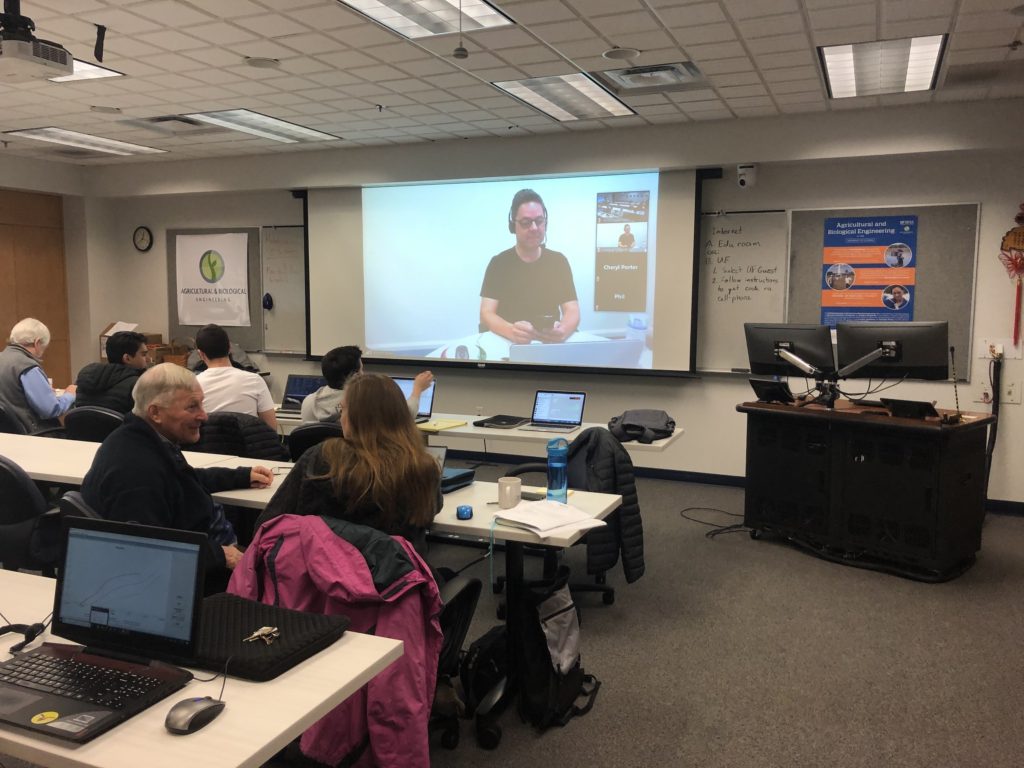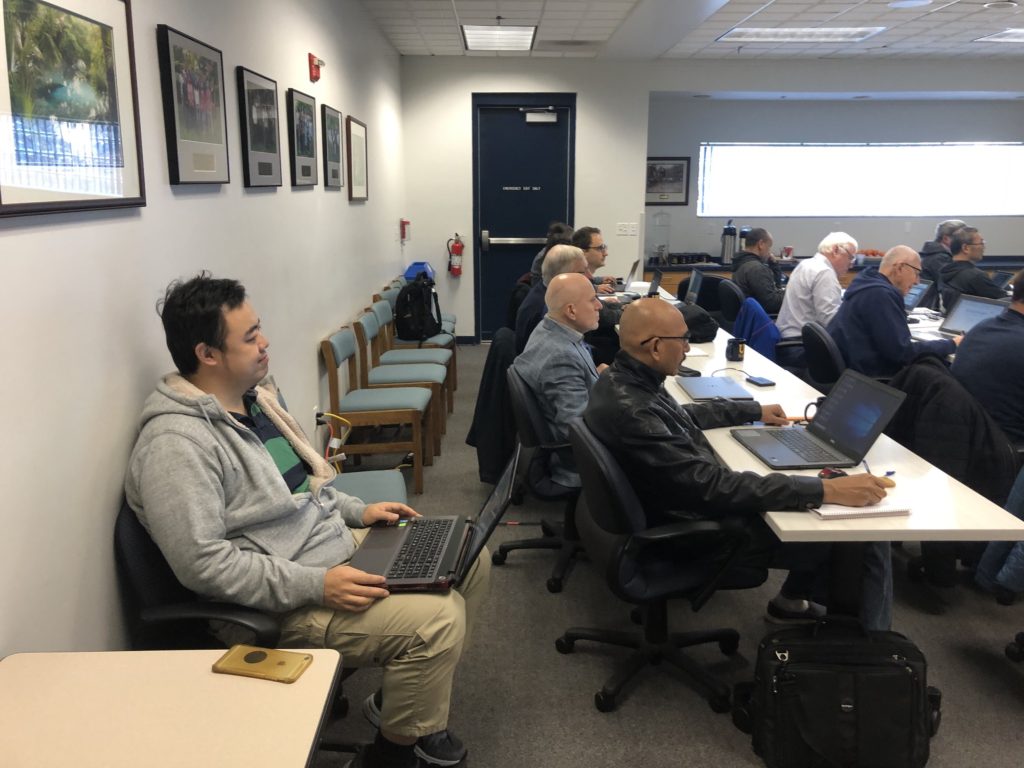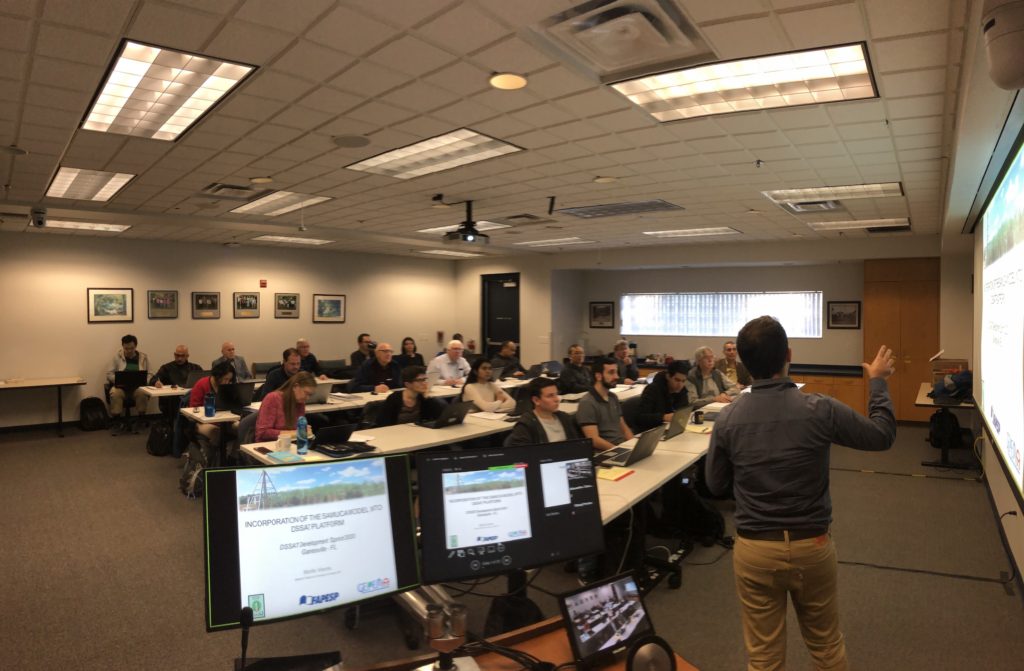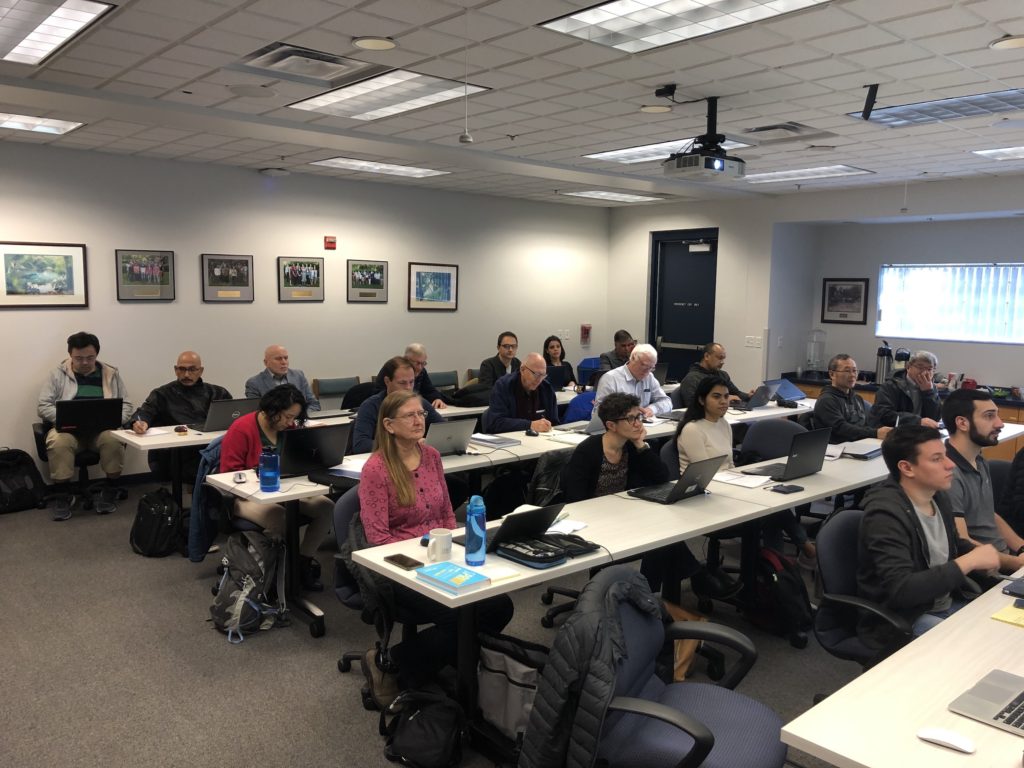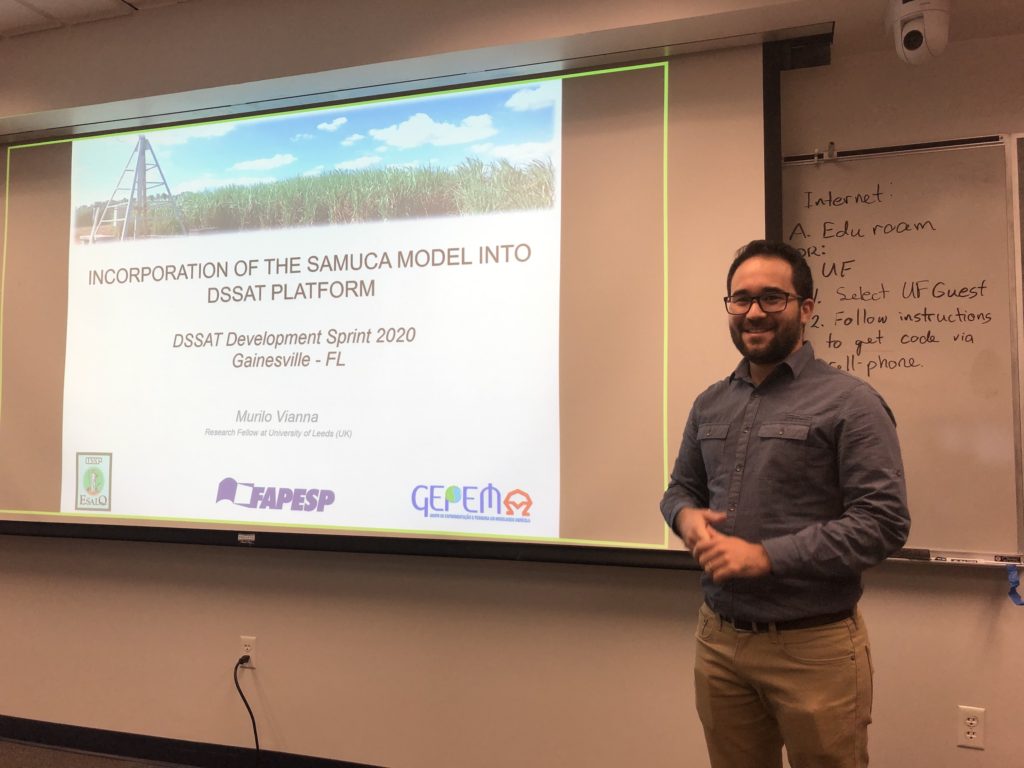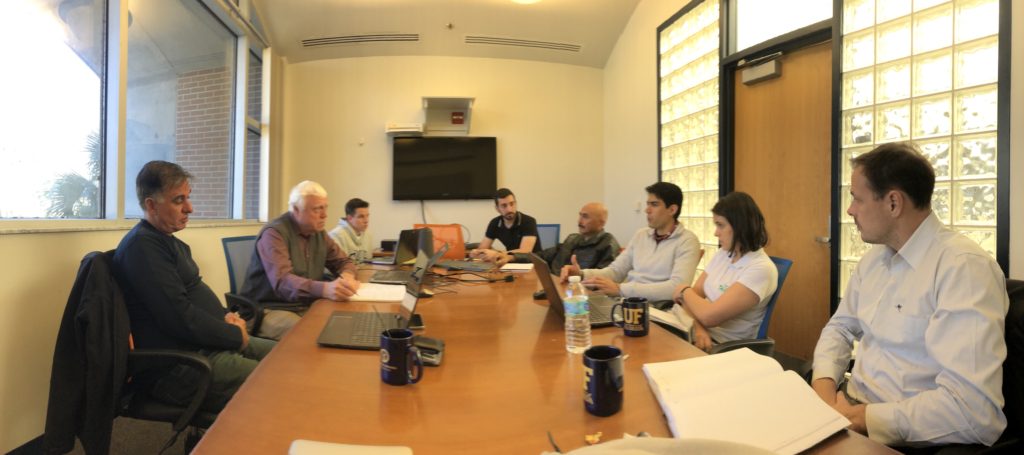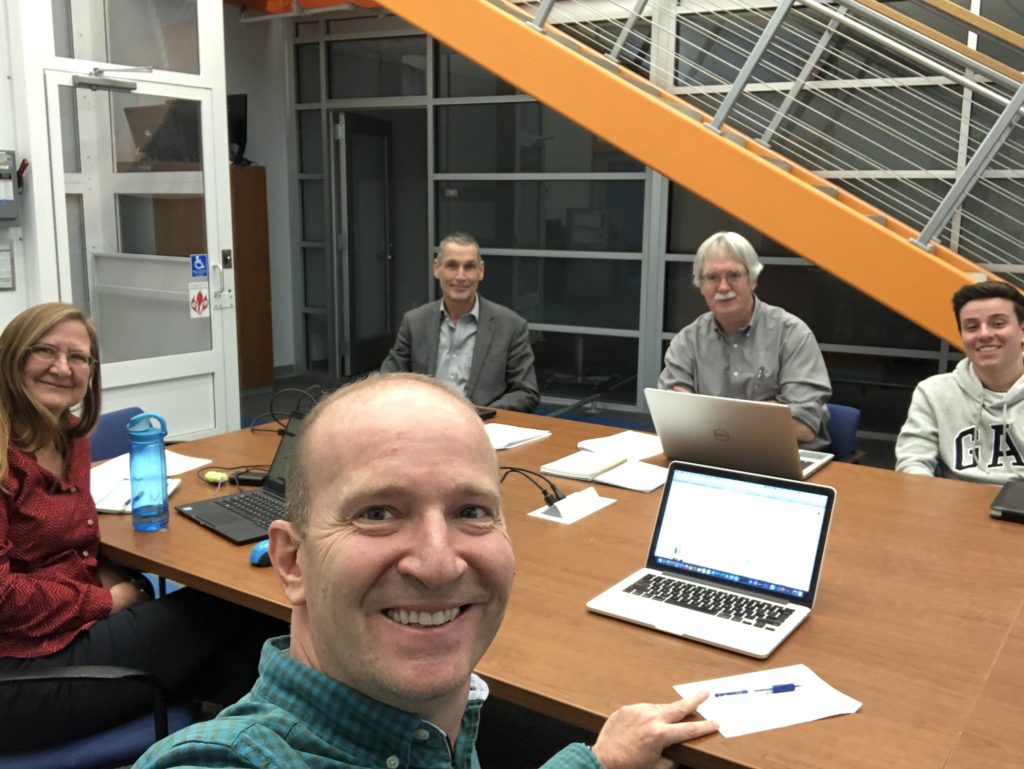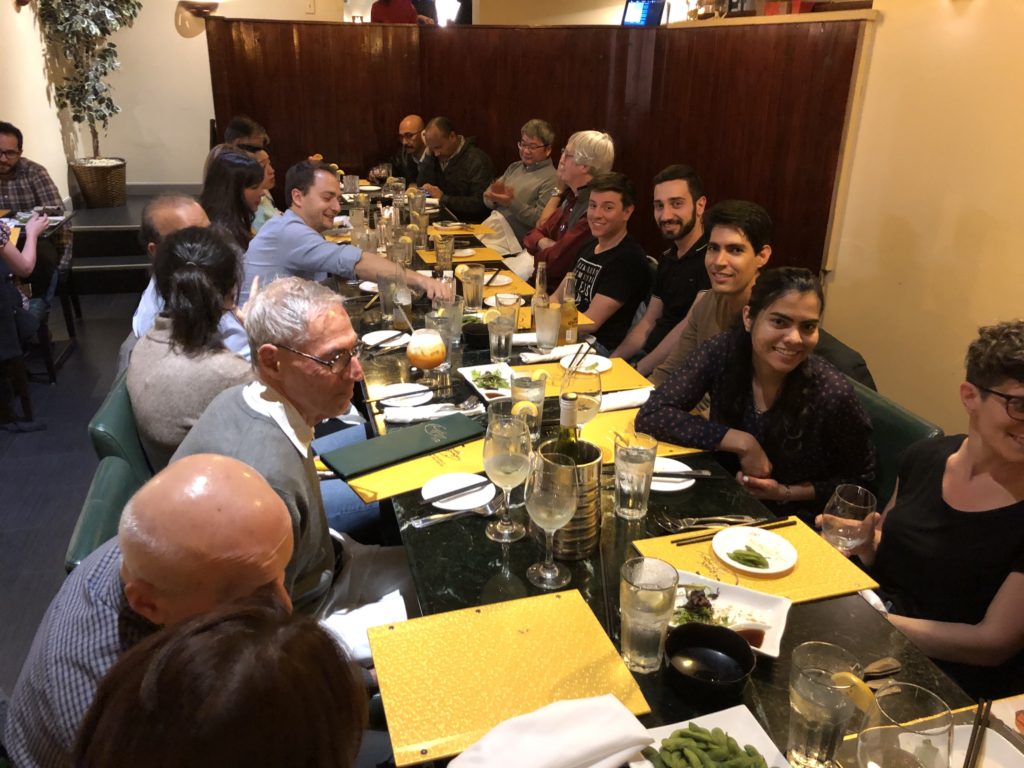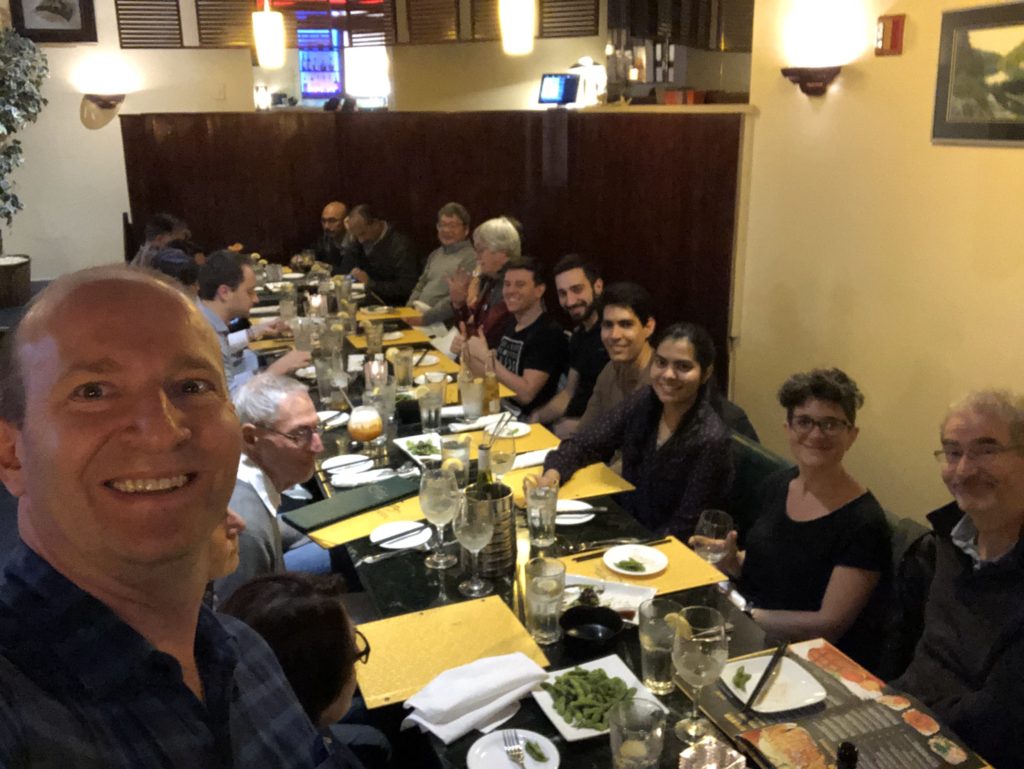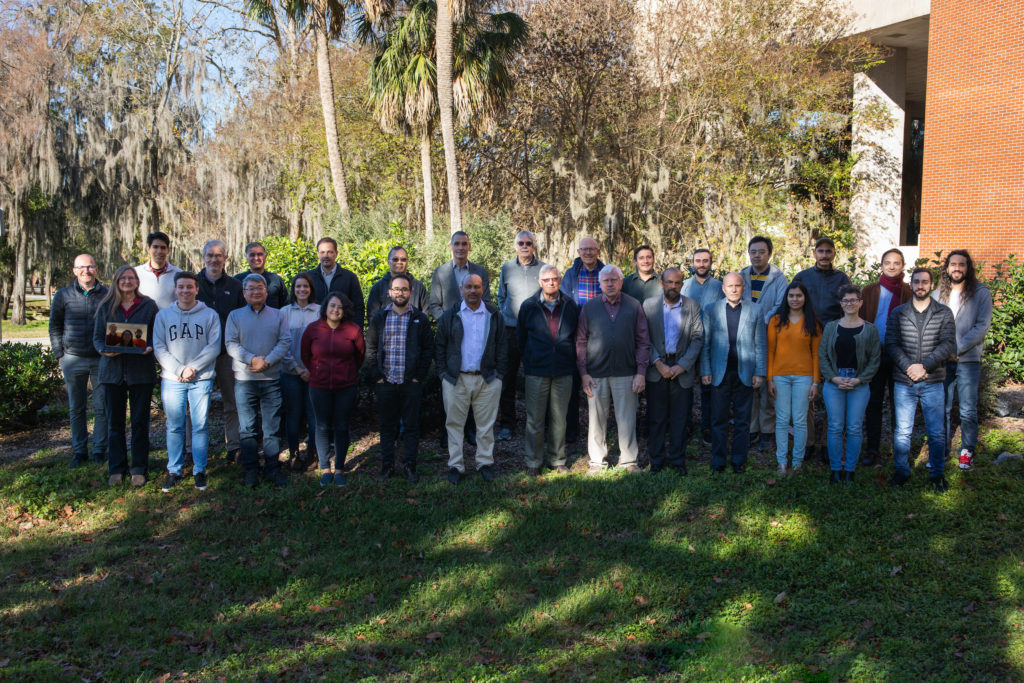
The 12th DSSAT Development Sprint was held from January 6-10, 2020 at the University of Florida and co-hosted by the Institute for Sustainable Food Systems and the Department of Agricultural & Biological Engineering. One of the main goals of the DSSAT Development Sprint is to improve the science of the Cropping System Model (CSM) and the tools, utilities and application programs of DSSAT. Significant achievements and outcomes include the development of a new crop module for teff based on the CERES-Rice crop module; the incorporation of the SAMUCA sugarcane module developed by Luiz de Queiroz College of Agriculture – University of São Paulo; improvement of the genetic coefficients of the NWHEAT crop module and a new response to ozone; the development of a potential linkage between the forage module and a grazing model; incorporation of a response to salinity for wheat; incorporation of a response to vapor pressure deficit (VPD) for the energy-balance model of the CROPGRO crop module and submission of a paper for publication; enabling of multiple harvests for strawberry, a new crop in DSSAT; and various other detailed code improvements. Another important outcome of this DSSAT Development Sprint is that the CSM source code is now completely Open Source and can be obtained from GitHub repository at https://github.com/DSSAT/dssat-csm-os. The code is licensed under the BSD 3-Clause “New” or “Revised” license.
The DSSAT Development Sprint was attended by 32 scientists from 13 universities and institutes, including one remote group from Oklahoma State University, and representing the USA, Brazil, Canada, Mexico, Ethiopia, the United Kingdom, Germany, and Turkey. The DSSAT Development Sprints are open to anyone interested in programming, but note that these are not advanced training workshops. The next DSSAT Development Sprint is scheduled from July 20-24, 2020 and will be held as virtual meeting due to the ongoing COVID-19 pandemic.

